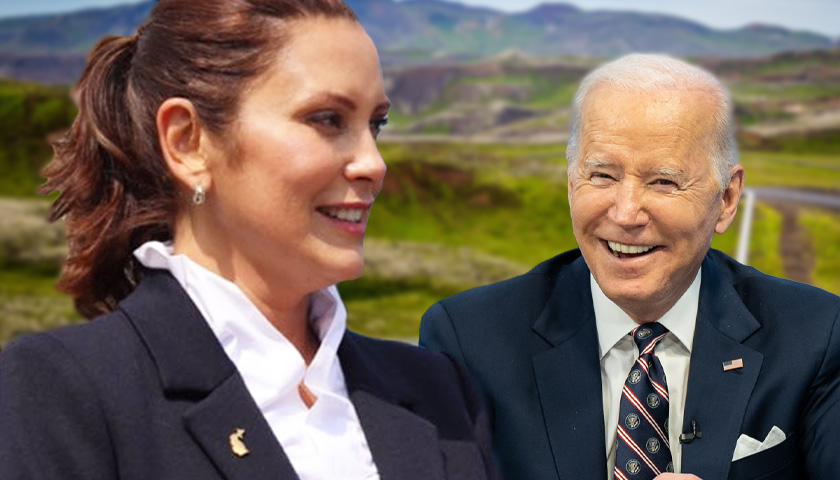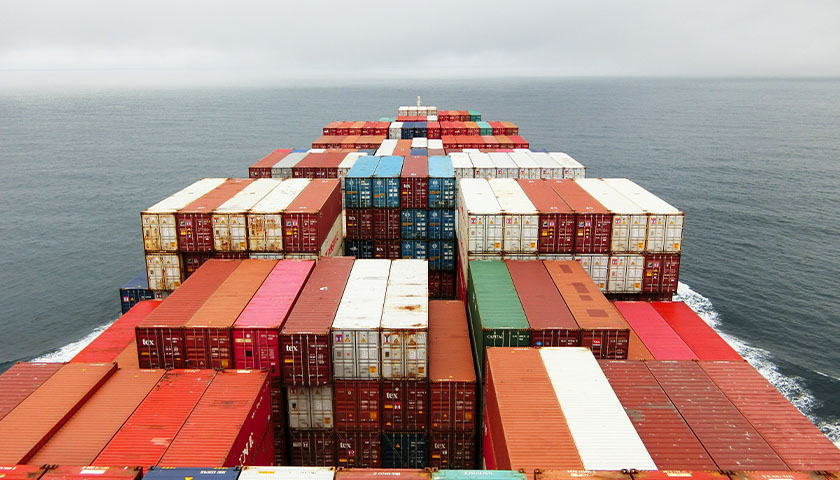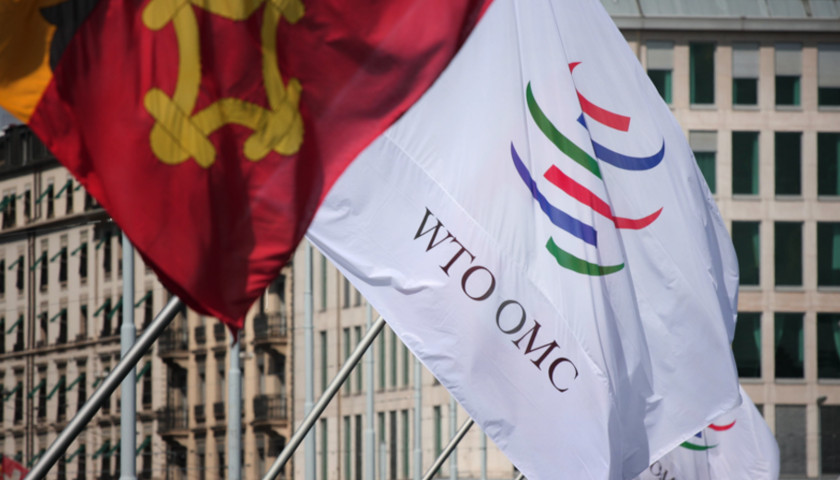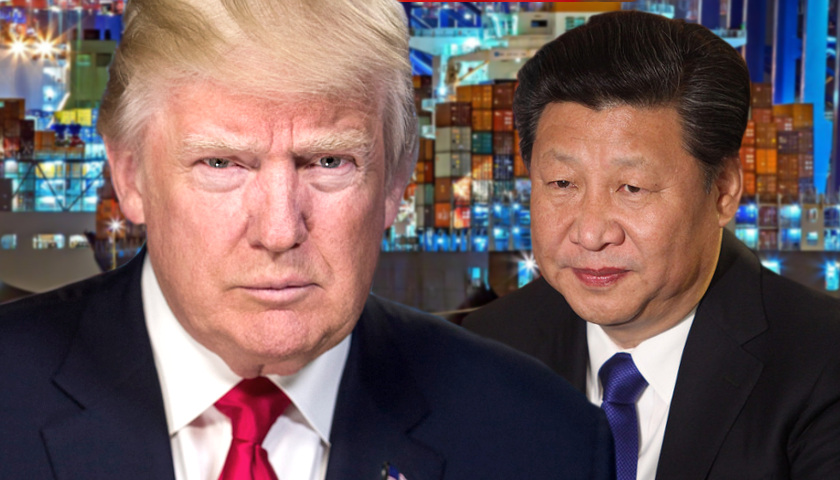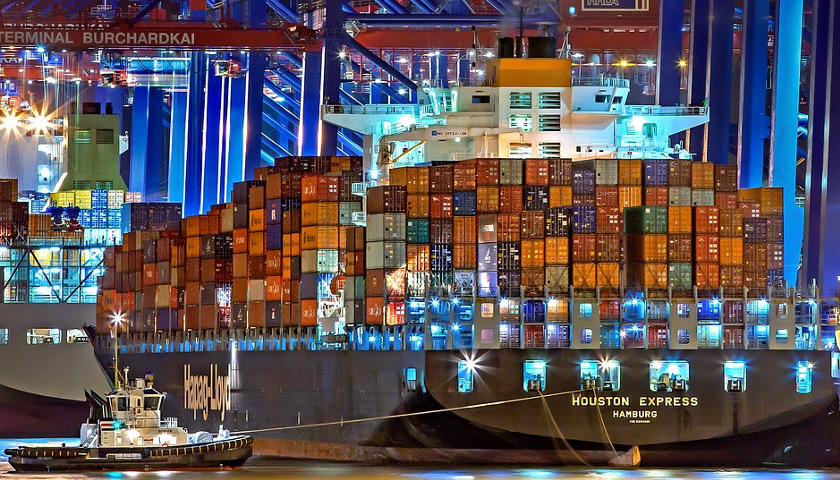President Joe Biden may be preparing to make a big ask of the United States’ neighbor to the north, and if he does it will run contrary to the agenda of Michigan Gov. Gretchen Whitmer and her administration.
According to Tuesday’s Wall Street Journal, the first-term Democratic president is considering asking Canada to boost its oil exports to the United States. However, the president halted construction of the Keystone XL Pipeline on his first day of office. XL would’ve have transported 830,000 barrels of Canadian crude from Alberta to Nebraska each day.
In the meantime, the Michigan governor and Attorney General Dana Nessel – both Democrats like Biden – have been working in the courts to permanently shut down a five-mile portion of the Enbridge Line 5 pipeline which ships 540,000 barrels of Canadian hydrocarbons daily across a five-mile section of the Straits of Mackinac lakebed.
Read the full story
